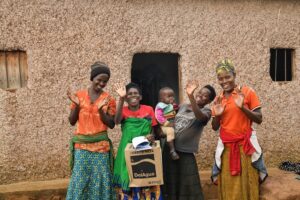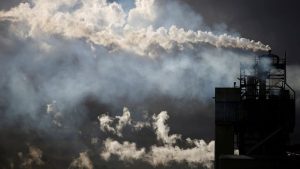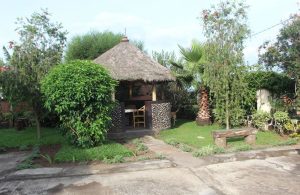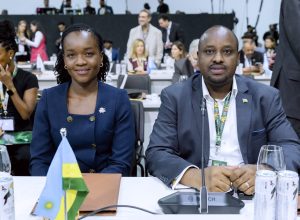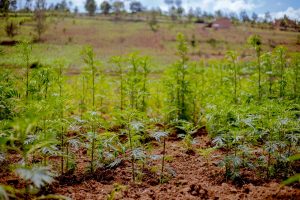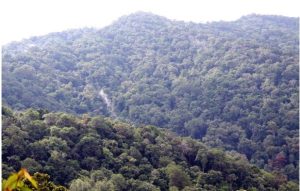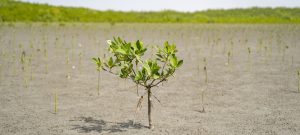Empowering Rwanda’s Youth in Schools Through AREECA Project for Forest Conservation and Restoration
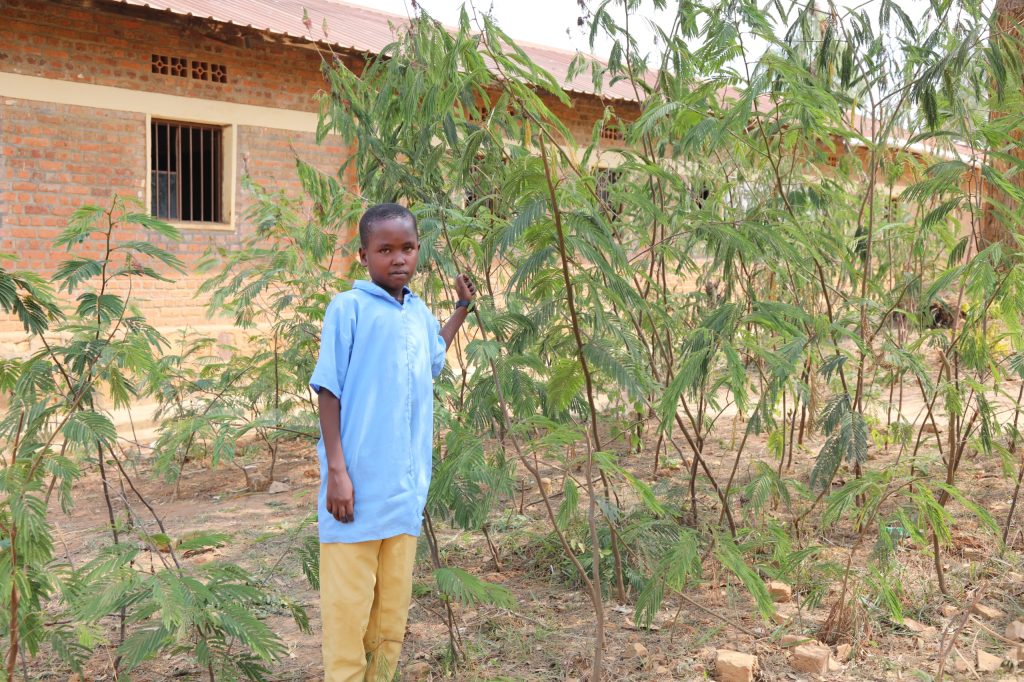
The AREECA (Alliance for Restoration of Forest Ecosystems in Africa) project is transforming environmental education in Rwanda’s Eastern Province by actively involving students in forest conservation and landscape restoration. Focused on empowering young people in schools across Nyagatare and Kirehe districts, AREECA promotes sustainable practices through activities like tree planting, reforestation, and environmental club initiatives, fostering a new generation of eco-conscious leaders committed to protecting Rwanda’s natural heritage.
Rwanda is a country with a predominantly young population. Recognizing this, the government has been prioritizing youth empowerment and encouraging their participation in national development programs, including environmental conservation initiatives.
Kalisa Brian, a student at GS Nyenyeri in Nyagatare District, emphasized the importance of involving youth in restoration efforts.
“Young people should take part in landscape restoration because they are innovative, quick to adopt new technologies, and can use them to protect the environment,” he said.
These sentiments were echoed by another student from Kirehe District: “As young people, we have the passion and power to lead change. Forest landscape restoration starts with us in our schools, families, and communities. We are ready to be the generation that restores and protects Rwanda’s natural heritage.”
Kirabo Angel, a student at GS Nyakaganda, a school based in Nyagatare district, highlighted the role of environmental clubs in building awareness and practical skills.
“Through environmental clubs, we learn about nature conservation and when we plant trees at school, it doesn’t stop there; we also do it at home because it provides benefits such as firewood and timber.”
At GS Rwimiyaga, a school with more than 4,000 students, Kelly Musangamfura proudly shared their achievements: “We have planted around 700 trees, including agroforestry and fruit species. Before, there were no trees in our compound, and students had no place to rest. Now, we’ve changed that by creating a greener environment.”
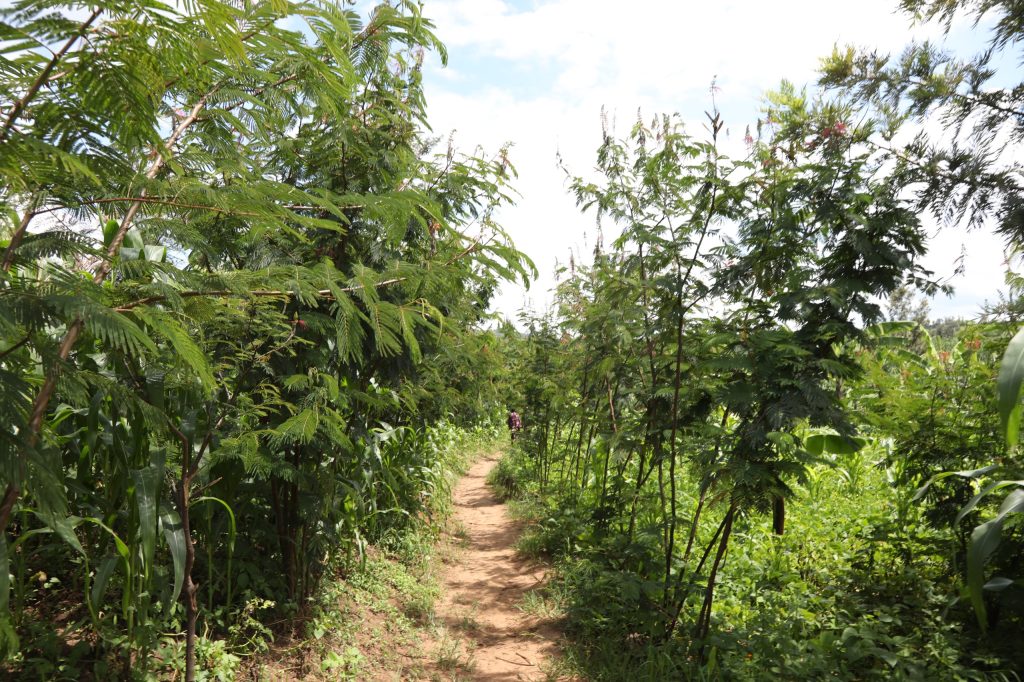
According to Dr. Lamek Nahayo, AREECA Project Manager, Rwanda Office, involving youth is a strategic choice.
“When we engage young people, we hope that by instilling conservation values in them, they will not only act themselves but also inspire their peers. This ensures a future generation committed to protecting the environment,” he explained.
“As the AREECA project approaches completion, we wanted to involve the youth to evaluate our progress, include their perspectives, and identify future champions who will continue this work”, he added.
Mr. Jean Mbonigaba, Director of Forestry and Natural Resources in Nyagatare District, praised the youth’s contribution to environmental initiatives.
“The youth have the power to build a nation, they should take the lead in Forest Landscape Restoration efforts. In our district, they’ve helped us plant trees along the Nyagatare–Ryabega road and participate in other initiatives on a regular basis.”
So far, the AREECA project has restored 5,114 hectares of land, including 2,119 ha under agroforestry, 339 ha of pasture and rangeland restoration, 1,064 ha of forest rehabilitation, and 1,534 ha of government-led afforestation, among other achievements.
IUCN supports countries, organisations, communities and enterprises in defining and implementing pledges to the Bonn Challenge target of bringing 150 million hectares of degraded and deforested land into restoration by 2020 and 350 million hectares by 2030.
In addition to achieving domestic priorities such as food production and water security, the Bonn Challenge contributes to REDD+ objectives under the UNFCCC, Aichi Biodiversity Targets, and the Sustainable Development Goals (SDGs).
United Nations Convention to Combat Desertification estimates that land and ecosystems lay the foundation of the economy and the wellbeing of society. 85 percent of the world’s 1.2 billion young people live in regions that are directly dependent on land and natural resources for sustenance. Land degradation is a youth issue that threatens current and future generations’ quality of life.
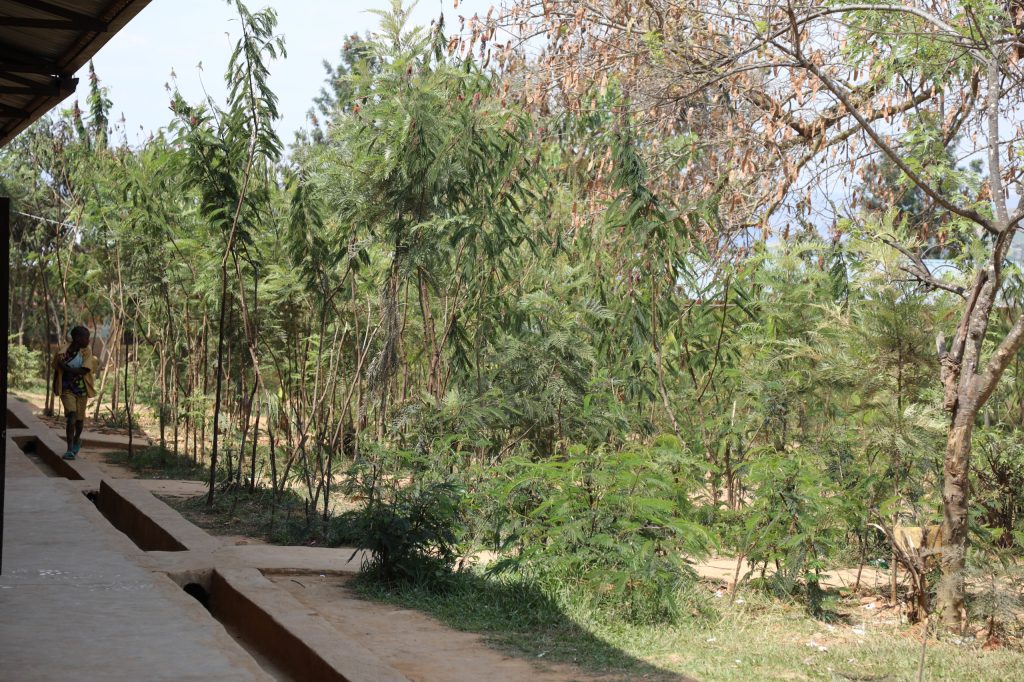
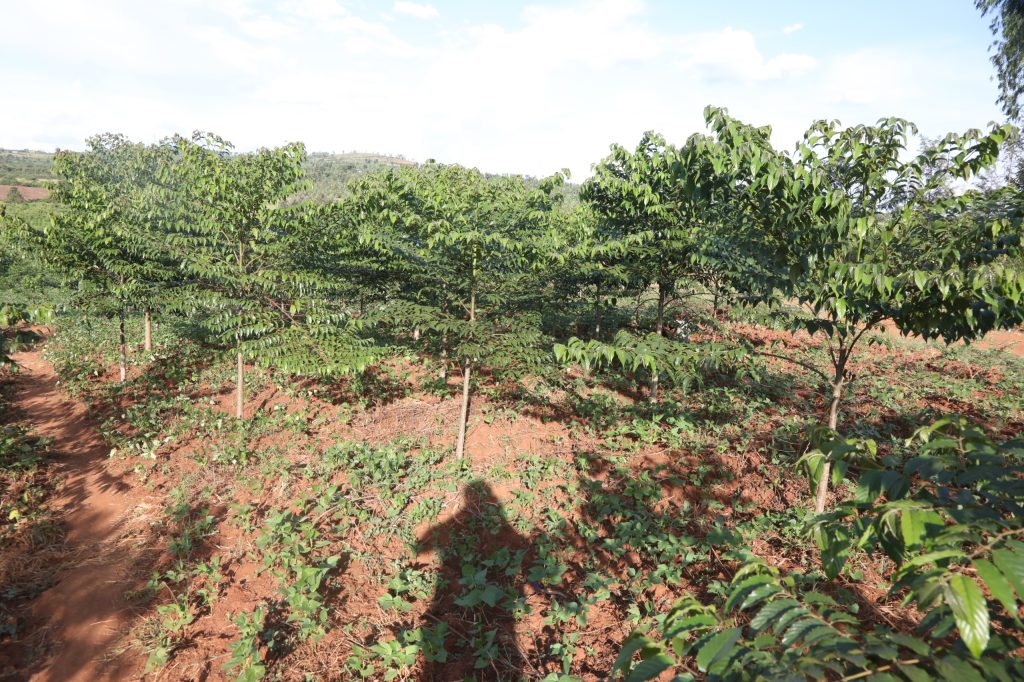
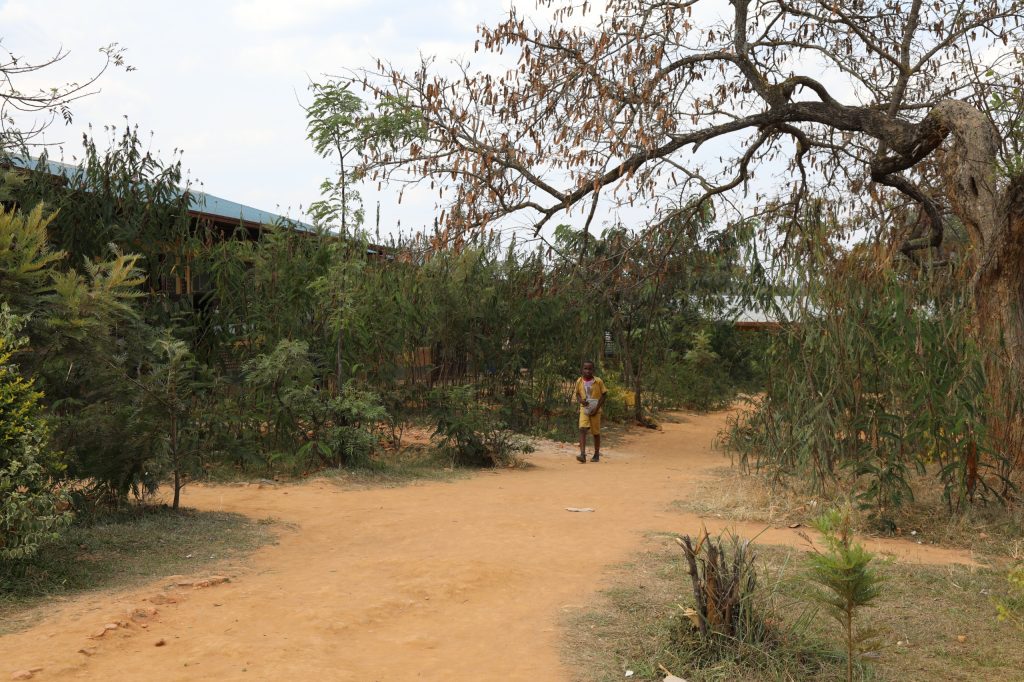
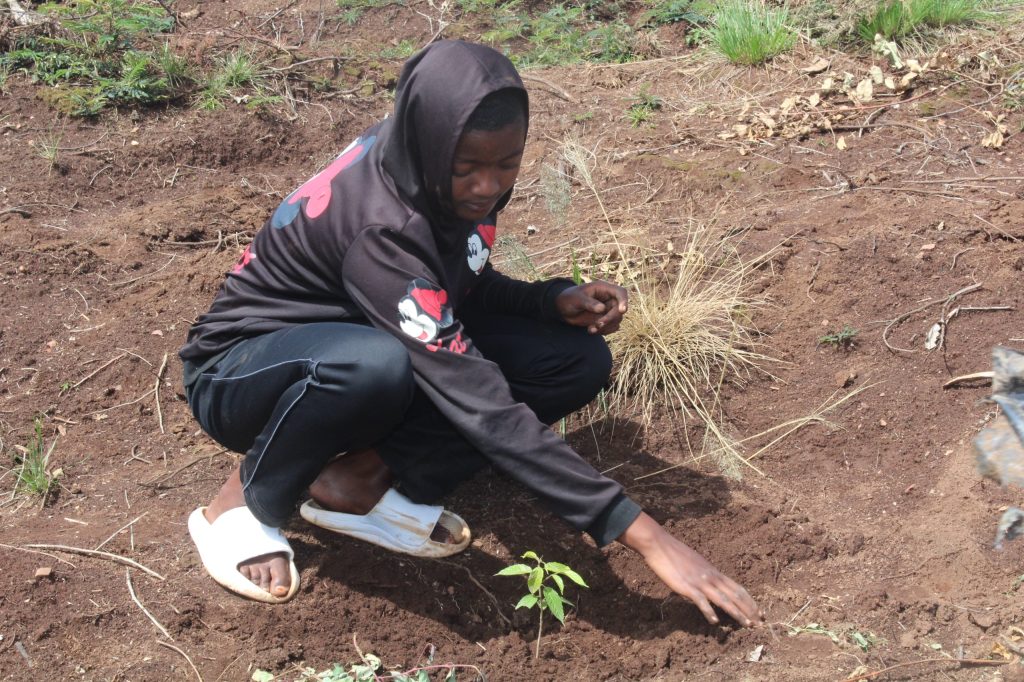

SUBSCRIBE TO OUR NEWSLETTER


